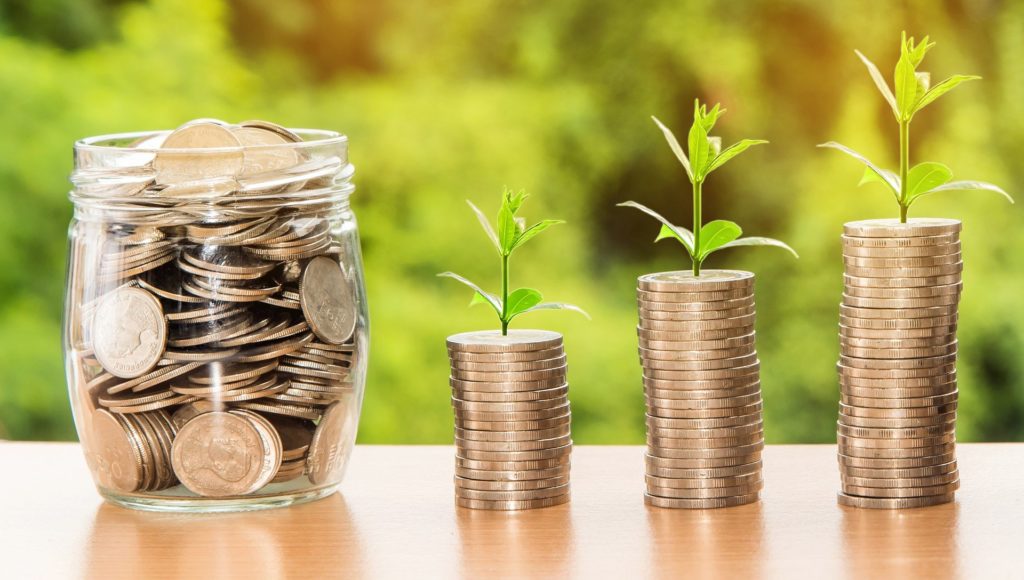Introduction: What is a Monthly Payment?
Monthly payment is a type of loan that allows you to pay off the debt within a specified period. The monthly payment for this type of loan is set beforehand and it doesn’t change over time.
To calculate your monthly payment, you need to estimate the total cost of the loan and divide this figure by the number of months in the loan. For example, if you borrow $250,000 to buy a $500,000 house over 30 years at a 4% interest rate, your monthly payment will be $1,377.62 ($250,000 divided by 360).
There are two methods that monthly payments can be made:
Installments: Installments make up a monthly payment and they are paid out over a set period of time. For example, if you were to buy a car and make payments on it for four years, one-fourth of the total price would go towards the monthly payment.
Finance: The second method is financed and it requires interest to be paid on top of the original purchase price which will usually depend on interest rates at that point in time. This is more likely to happen with bigger purchases such as
The Importance of Planning Your Monthly Expenses
A successful budget is a plan of action for your money. It is a written document that reflects the financial goals of an individual or family. This is a tool to help you make decisions about what to spend your money on, and how much to save for the long term.
A budget includes monthly expenses such as rent or mortgage payments, utility bills, transportation costs, and a monthly food allowance. It also includes other financial goals such as saving for retirement and paying off debt.
The concept of a budget can seem overwhelming at first glance but it can be easy with some planning and sometimes put in the upfront – it’s never too late to start planning!
How to Reduce Your Monthly Payments with These 8 Tips
You are reading this article because you are looking for ways to reduce monthly payments. Maybe you have a large amount owing on your credit card or maybe you need to make some changes in order to be able to pay it off more quickly. When money is tight, sometimes the only way out of debt is through reducing your monthly payments.
Here are 8 ways that can help reduce your monthly payments:
- Pay off high-interest cards first.
- Stop incurring new debt by avoiding online shopping where possible and paying back on time each month on any new card purchases made with low-interest rates.
- Consolidate all your debts on one low-interest card, if possible, and make daily payments until the debt is repaid in full or close to it.
- Make sure you understand all of the fees and penalties before signing up with any company
- Negotiate with creditors to lower your monthly payment
- Take advantage of tax deductions and credits to reduce taxable income
- Combine as many debts as possible onto one loan
- Get a side gig or become an Uber driver or Lyft driver on weekends
If you are looking at bigger options like selling your house, you can sell a portion of your house to Apollo Investment which still lets you live in the house and pays you in either a lump sum or monthly payment.
Conclusion: The Benefits of Reducing Your Monthly Payment Amount

Imagine that you are spending your hard-earned money on a monthly basis for your mortgage payment, credit card bills, student loans, car loans, etc. Wouldn’t it be good if you could reduce the amount of money that you spend? This is where paying off your debt becomes very important.
Here are some of the benefits of reducing your monthly payment amount:
- It gives you peace of mind since it will give you a sense of security to know that all your bills are paid.
- It usually gives you greater savings in terms of interest rates since most creditors would charge higher interest rates on unpaid debts.
- If you have one or more credit cards then paying off your balance can eliminate any late fees.
- Lowering your monthly payments can help with long-term debt management
- It can help to avoid paying so much in interest over time, which could potentially lead to more money for other expenses or future savings.




